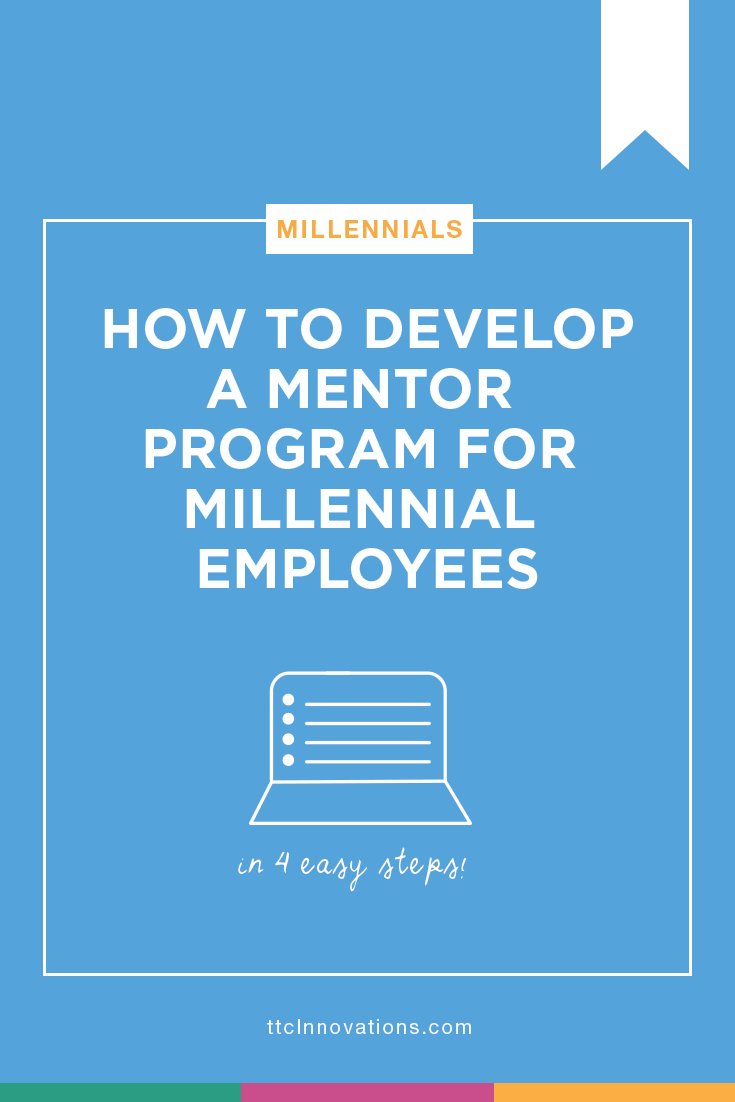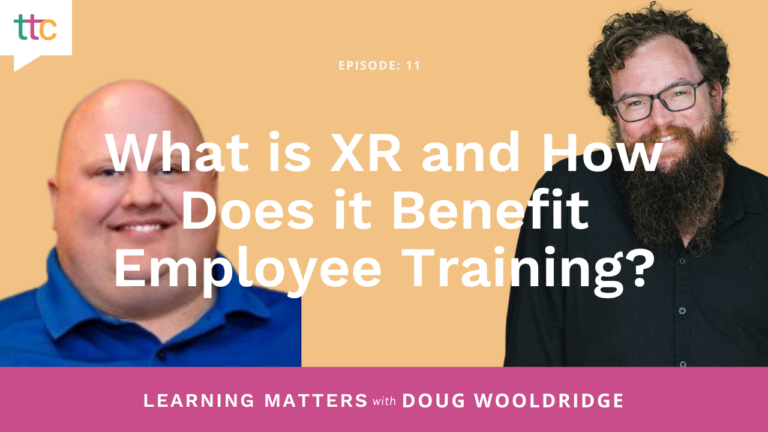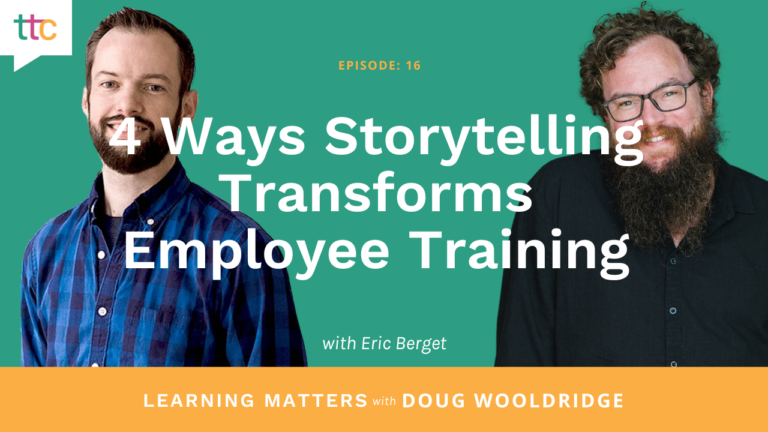By now you may have heard many different things about Millennial employees and how they engage within the workplace. But no matter their preferences or expectations for their career, there is still a staggering 70% of Millennial employees who don’t feel that they have progressed as far in their career as they would like.
So what can you do to make sure your Millennial employees aren’t feeling stagnant and uninspired? A great way to spark enthusiasm for this generation is to offer a mentor program within the workplace. A successful employee mentoring program can create a variety of positive outcomes, but most importantly, it addresses an organizational need.
Obviously organizational needs will vary from company to company, but your mentoring program could offer improvement in areas such as:
- Leadership and management development
- More effective onboarding process for new hires
- Boosting retention
- Enhancing customer service
Start with Your “Why”
Before you launch your mentor program, make sure your employees have a complete understanding of why you’re doing this and why it is important to your organization. It’s imperative that your “why” perfectly aligns with your core values so that your team can see the full value to your company. If you’re still working on ironing out your core values, make sure to read this blog post, 4 Ways to Incorporate Core Values into Your Training. Starting with the “why” will set a solid foundation for the program and boost engagement before it even begins.
Plan Your Objectives
Employees are going to look for mentors for different reasons. Some of these might include:
- Management development for high potential employees
- New hire employee orientation and speed to productivity
- Employee engagement for positions with traditionally high employee turnover
- Knowledge transfer and succession planning
- Workplace diversity initiatives
- Executive leadership development
- Work-life balance
Having objectives in place will make it easier for your employees to see the potential benefits of the program and garner their interest.
Match-Making
In order for a mentor program to be successful, you’ll need to become a master matchmaker. But this takes some practice. Pairs shouldn’t be chosen only because their personalities are compatible. It’s not a blind date. A match should be based on the skills of the mentor and the needs of the mentee. Create a “catalog” of mentors and what their strengths are. This will help you easily match them with their perfect Millennial mentee when the time comes.
Develop + Track Mentoring Metrics
You want to know if this program is working, right? Monitor, track and measure the results of the program against the program objectives. Are you meeting participation goals? Are those participating in the mentoring program being successfully promoted at higher rates than non-participants? What percentage of goals set during the mentorships have been achieved?
A successful mentoring program takes planning and effort, but inevitability benefits the entire organization, not just the mentees and the mentors. Millennials appreciate and respond to structured training and the investment in their development as an employee.
If you’re still feeling lost with this generation, check out our free training – Building Your Roadmap for Attracting Millennials!








